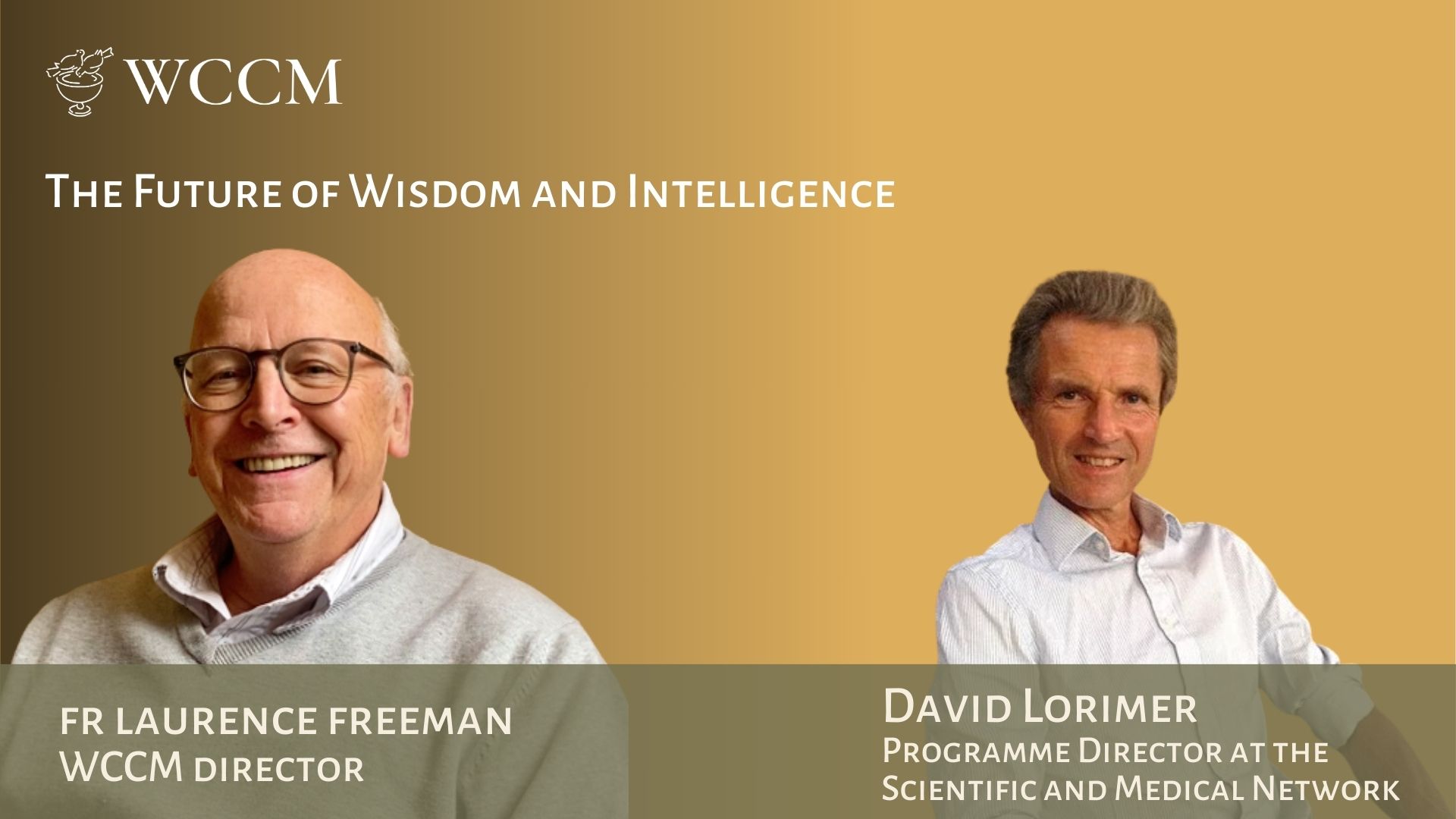When all the people asked John, ‘What must we do?’ he answered, ‘If anyone has two tunics he must share with the man who has none, and the one with something to eat must do the same.’ There were tax collectors too who came for baptism, and these said to him, ‘Master, what must we do?’ He said to them, ‘Exact no more than your rate.’ Some soldiers asked him in their turn, ‘What about us? What must we do?’ He said to them, ‘No intimidation! No extortion! Be content with your pay!’ A feeling of expectancy had grown among the people, who were beginning to think that John might be the Christ, so John declared before them all, ‘I baptise you with water, but someone is coming, someone who is more powerful than I am, and I am not fit to undo the strap of his sandals; he will baptise you with the Holy Spirit and fire. His winnowing-fan is in his hand to clear his threshing-floor and to gather the wheat into his barn; but the chaff he will burn in a fire that will never go out.’ As well as this, there were many other things he said to exhort the people and to announce the Good News to them. (Lk 3: 10-18)
When the obvious sounds strange or dramatic it’s a sign that we have wandered far from reality and got ourselves into a mess. When we try to extricate ourselves we often turn away from our leaders: after all, we think, they led us into the mess. So we look to other sources of wisdom or for direction.
The crowds, including some of their leaders, went out into the desert to ask one of the most marginal of society’s members, the prophet, ‘‘what shall we do?’. As the desert father, Abba Isaac, who taught Cassian to meditate, said when Cassian and his friend Germanus returned and asked how they should pray: “You are next door to understanding when you know what question to ask”. He then taught them – and succeeding generations – the mantra.
John the Baptist responded to the question ‘what shall we do’ not ‘how shall we pray’. So he tells them the obvious: be honest, don’t exploit the weak, be content with what’s enough. That this was necessary at all shows how corrupt and dysfunctional social life had become. This is a tendency in any society because of the way power and hierarchy work. But in a totalitarian state or a society occupied by a brutal force all social relationships are eventually corrupted and brutalised. This is the legacy of all periods of colonialism.
The prophet can be the spark for a conversion process – both interior and social. And indeed, both the inner and outer dimensions need to be converted. Baptism with water was the initial outward sign of this process of moral reform. But the vision of the Baptist saw deeper than the world of signs and appearances. He spoke of the next, the awaited, baptism of fire. And that is what we wait for in Advent: the point in time when time itself is flooded by the presence of God. It is a flood of fire in which the unreal disappears and only what is real then becomes blindingly obvious.







